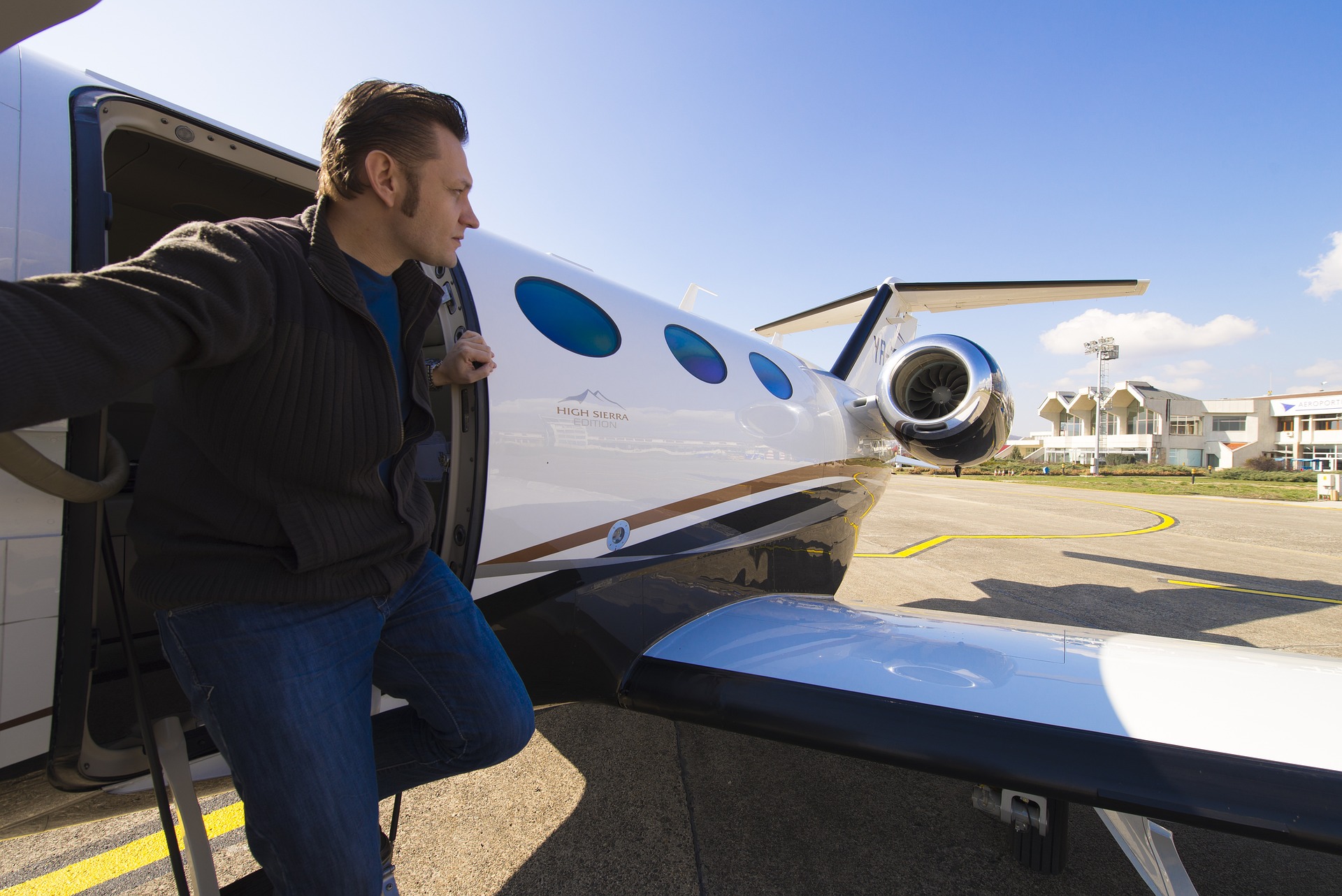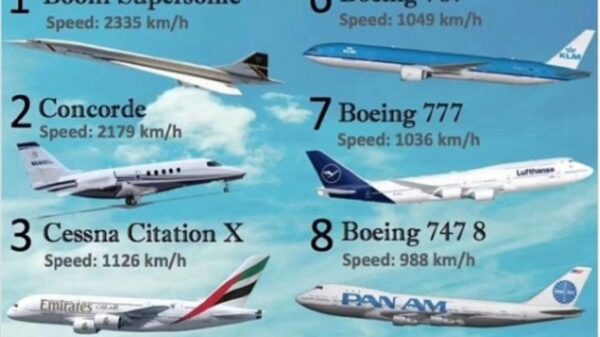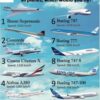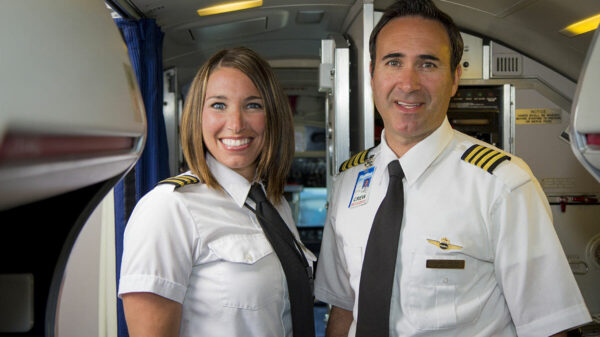For many cabin crew members, working on private jets is a career move that promises new opportunities and challenges. However, it’s a highly competitive field with limited job openings.
So, the question arises: Is the transition to private aviation worth it? Let’s compare salaries to find out.
Understanding Cabin Crew Salaries
A cabin crew’s salary generally includes a primary wage and flying pay. Flying pay is typically calculated from when the aircraft leaves the stand until the engines are switched off at the end of the flight.
Some airlines pay only for the duration between the main door closing and opening. Groundwork before and after the flight is not included in flying pay or recorded hours.
Factors Influencing Salaries
Monthly salaries can differ based on the amount of flying and the destinations served. Some airlines provide down-route payments to cover meals, which vary greatly depending on the destination.
Language skills can also contribute to additional fees, as crew members may need to assist passengers in their native language. In-flight retail commissions are available on specific routes, but profitability can vary significantly.
Private Jet Cabin Crew Salaries
Compensation for cabin crew working on private jets differs slightly. It consists of a basic payment and a per diem (by the day; for each day). It is a fixed rate for each night spent away from the base while on duty.
Private jet crew members do not have set rosters, as their work is based on demand. Some crew members work as freelancers, allowing them to select flights according to availability.
Differences in Work Structure
Private jet crew members may work in rotation, alternating between one month on and one month off. During the month of duty, they remain on call at all times.
If the private jet operation has limited flights, crew members may be on call 24/7 but only fly a few times a month. Additionally, there are additional responsibilities on the ground, such as organising catering and sourcing special items, without extra payment.
Salary Comparison
In Europe and the Middle East, cabin crew salaries range between $1,500 and $3,500, depending on the airline and tenure. In the United States, flight attendant salaries are significantly higher.
Private jet cabin crew members earn higher wages, with monthly rates ranging from $4,000 to $6,000. Freelancers can earn $500 per day.
Conclusion
Private jet cabin crew salaries offer higher earnings than those of commercial airlines, particularly in the United States. However, it’s imperative to consider the variable nature of private jet work, including the lack of set rosters and additional responsibilities.
Ultimately, deciding whether to transition to private aviation should consider individual preferences, career goals, and the unique challenges and rewards of working in this sector.










